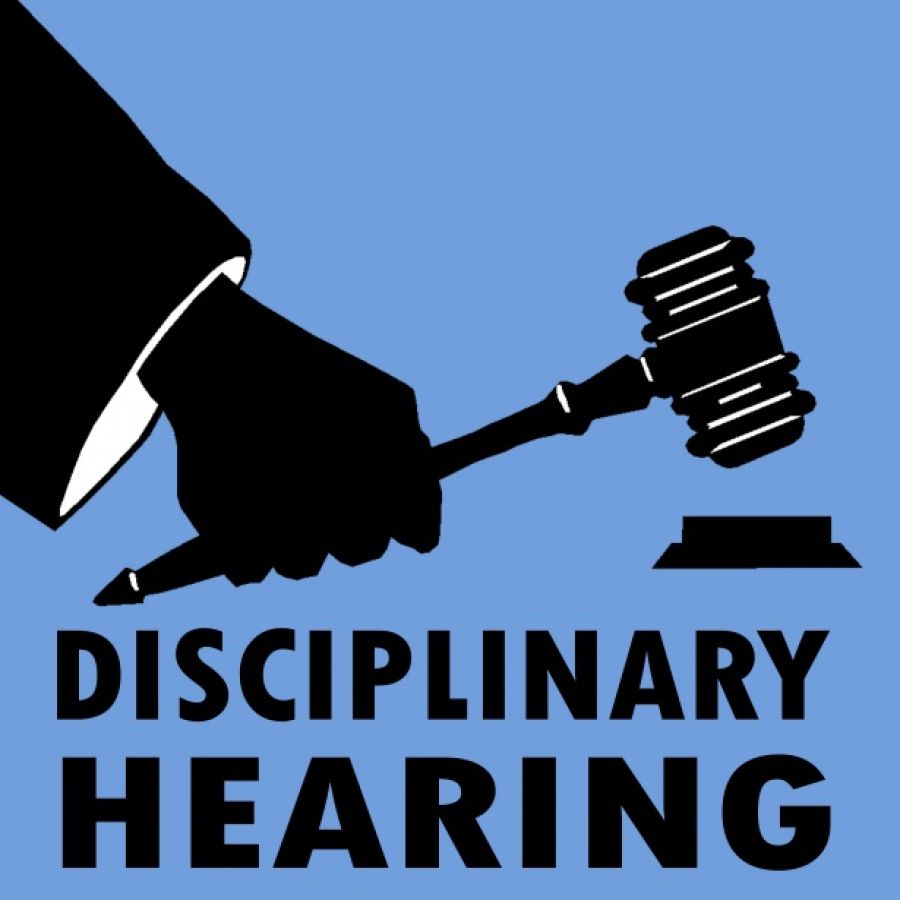Case Studies

Case Studies
Call us today for a free initial consultation on 0800 772 0341
Fighting back and refusing to accept unfair disciplinary process.
Published 04 November 2020


You generally know when you are being treated unfairly, but preventing it can be more difficult than it really should be.
You don’t necessarily need to be an employment law expert to recognise when it happens during the disciplinary process.
When office administrator Faith was threatened with dismissal for alleged poor performance she felt hopeless and unable to fight it.
The initial disciplinary hearing, which she attended unaccompanied to answer the allegation was stopped. This was after Faith felt overwhelmed, broke down in tears and could not continue.
The adjourned disciplinary hearing was chaired by Faith’s manager. The same female manager had carried out the disciplinary investigation, and was also directly responsible for Faith feeling bullied at work.
During the disciplinary hearing the manager had also provided Faith with considerable new evidence for the first time.
Following the hearing Faith was signed off work for four weeks by her GP after she was diagnosed with work-related stress.
Worried Faith contacted the Castle Associates Employee Support Centre for help.
When Faith spoke to our representative she explained the case, what had occurred, provided evidence and spoke about feeling bullied by her manager.
Our representative was greatly concerned by what he heard. He discussed with Faith the benefit of raising a formal grievance and how it can help.
A grievance is a formal way for an employee to raise a problem or complaint to their employer.
Faith raised a grievance and it included bullying and unfair treatment, which encompassed the disciplinary process and the fact it did not adhere to the ACAS Code of Practice guidance.
Our representative submitted the grievance letter to the company on Faith’s behalf. In the letter he asserted that the disciplinary process should be suspended in accordance with section 46 of the ACAS Code.
He highlighted it was the logical thing to do, as if the grievance was upheld it can have serious implications and bearing on the disciplinary process.
The company initially said it would not deal with the grievance. However, it said it would postpone the disciplinary hearing until Faith was well enough to attend.
There was subsequent email and telephone correspondence between our representative and the company. He maintained the approach was unfair and the logical and reasonable thing to do was hear the grievance first.
The employer eventually agreed to do so when Faith was well enough to attend.
Faith’s desired outcome to her grievance was to be treated fairly and she wanted to remain in her job.
At the grievance hearing our representative presented details to support Faith’s claim of bullying in the workplace.
This included details of unfavourable treatment she had been subjected to by her manager, which Faith had compiled details of in preparation for the hearing. Work emails were also used to support some of the examples of bullying.
Our representative also highlighted that the disciplinary process breached the ACAS Code. This was based on the fact, the same manager investigated and then chaired the disciplinary hearing and substantial evidence was provided on the day of the hearing, and not prior to it as required.
He also pointed out that the disciplinary allegation was poor performance, but the company had a specific performance management procedure, which it should be using to address such concerns.
The hearing was told that Faith wanted her concerns to be dealt with, the disciplinary process to stop because it was unfair, and that she wanted to work with the company to address any concerns it may have in relation to her performance.
The grievance was discussed at length. The grievance chair said he would review the case and if necessary make a recommendation regarding the disciplinary process.
In the grievance outcome provide to Faith, it said there had been ‘some misunderstanding and miscommunication’ about the disciplinary case and the process would be stopped.
Faith’s manager left the company. It is believed she did so shortly after being questioned about Faith’s grievance.
“A reputation built on success”
For employment law advice or if you are affected or want information and support by any of the issues in this article please give us a call. 0333 772 0611
A reputation built on success
If you're facing any of the issues in this article - or need guidance on disciplinary, grievance, or redundancy matters - call us today. Our expert Trade Union Representatives are available to represent you in crucial workplace meetings, with pay as you need support.